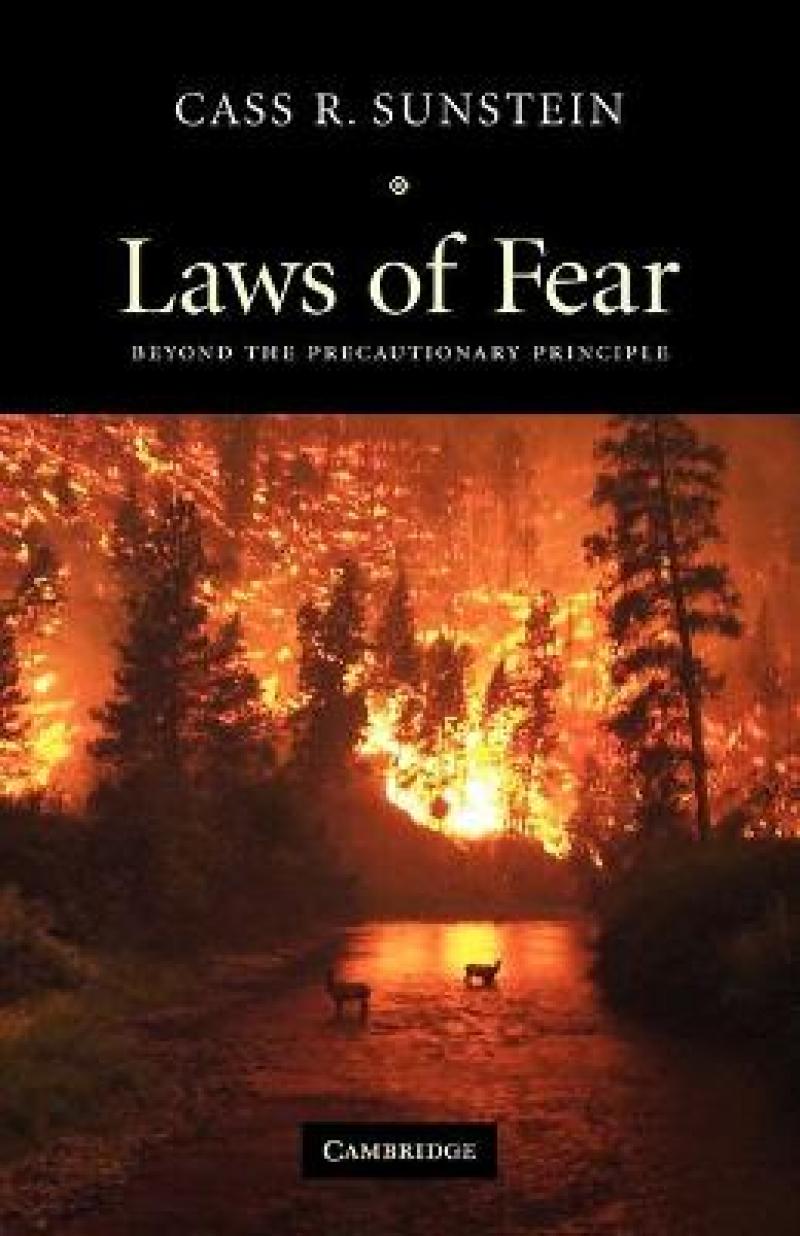'Those interested in issues of fear, danger and the law will certainly find that Sunstein presents the discussion in a highly considered and motivated manner. Consequently, this book has the potential to be a contentious addition to the body of literature currently existing on the Precautionary Principle, social fear and risk perception and the regulation thereof.' Cambrian Law Review
'… highly intelligent and stimulating book …'. The Times Literary Supplement
'Sustein's book … remains an important contribution to the increasingly pressing debate on fear, risk, and the law, and it will be read profitably by anyone interested in these issues. It also presents ideas for approaching problems in moral and political philosophy from a new perspective, thus it is likely to serve as a starting point for many future discussions in these fields.' Logical Analysis and History of Philosophy
'… an interesting piece for readers who are concerned about the perception of risk, hazards and the necessary policies to prevent panic in general. A book self-oriented not only to the mitigation of real-based risks but also to the academician assessment of under what circumstances the fear operates and becomes panic.' Korstanje Maximiliano, International Journal of Disaster Resilience in the Built Environment


